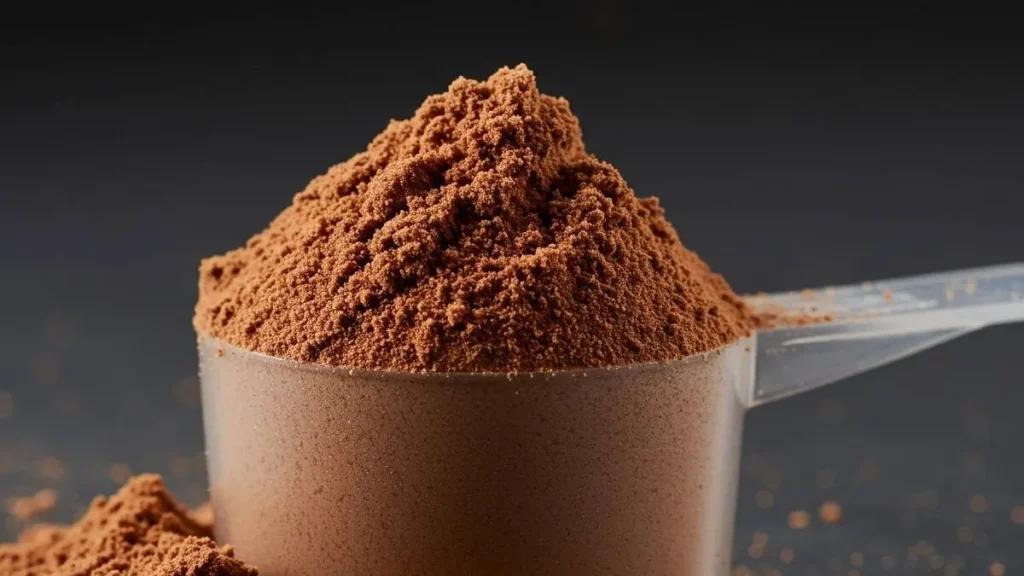The rise of high-protein shakes and diets has boosted protein consumption, but experts warn that too much can cause constipation and weight gain.
In recent years, protein has become a staple in diets, fitness routines, and commercial products that promise energy and muscle development. However, experts warn that consuming too much of it isn’t always beneficial: it can cause digestive problems, such as constipation, and contribute to weight gain if not accompanied by enough fiber.
The rise of shakes, bars, and fortified foods has multiplied the presence of this macronutrient on the tables of millions of people. And although its role is essential in tissue formation, hormones, and maintaining overall health, excessive consumption of it isn’t always fully utilized by the body.
Dietitian Michelle Cardel, an assistant professor at the University of Florida, explains that the body doesn’t store excess protein: it converts it into energy, fat, or eliminates it through urine. “More protein doesn’t mean more benefits,” she warns, emphasizing the need to balance this nutrient with fiber to maintain intestinal health.
Along the same lines, Dr. David Liska of the Cleveland Clinic points out that constipation is one of the most common effects of a high-protein diet without enough fiber.
She claims that maintaining adequate hydration and consuming fruits, vegetables, whole grains, and legumes can prevent these complications.
Nutritional guidelines recommend an average intake of 0.8 grams of protein per kilogram of body weight per day.
This range may increase for people who do resistance training or are looking to build muscle mass. However, experts insist that protein should be combined with fiber, a nutrient that plays a fundamental role in digestion and the prevention of metabolic diseases.
Soluble fiber—found in oats, nuts, and fruits like apples and pears—helps form a gelatinous substance during digestion, while insoluble fiber—found in vegetables and whole grains—promotes regular bowel movements.
Despite its importance, in the United States, more than 90% of women and 97% of men do not meet the recommended daily intake.
As a healthy alternative, specialists suggest adopting eating patterns like the Mediterranean diet, which integrates lean proteins, fiber, healthy fats, and antioxidants. This approach not only supports intestinal health but also benefits the heart and helps reduce the risk of colorectal cancer.

